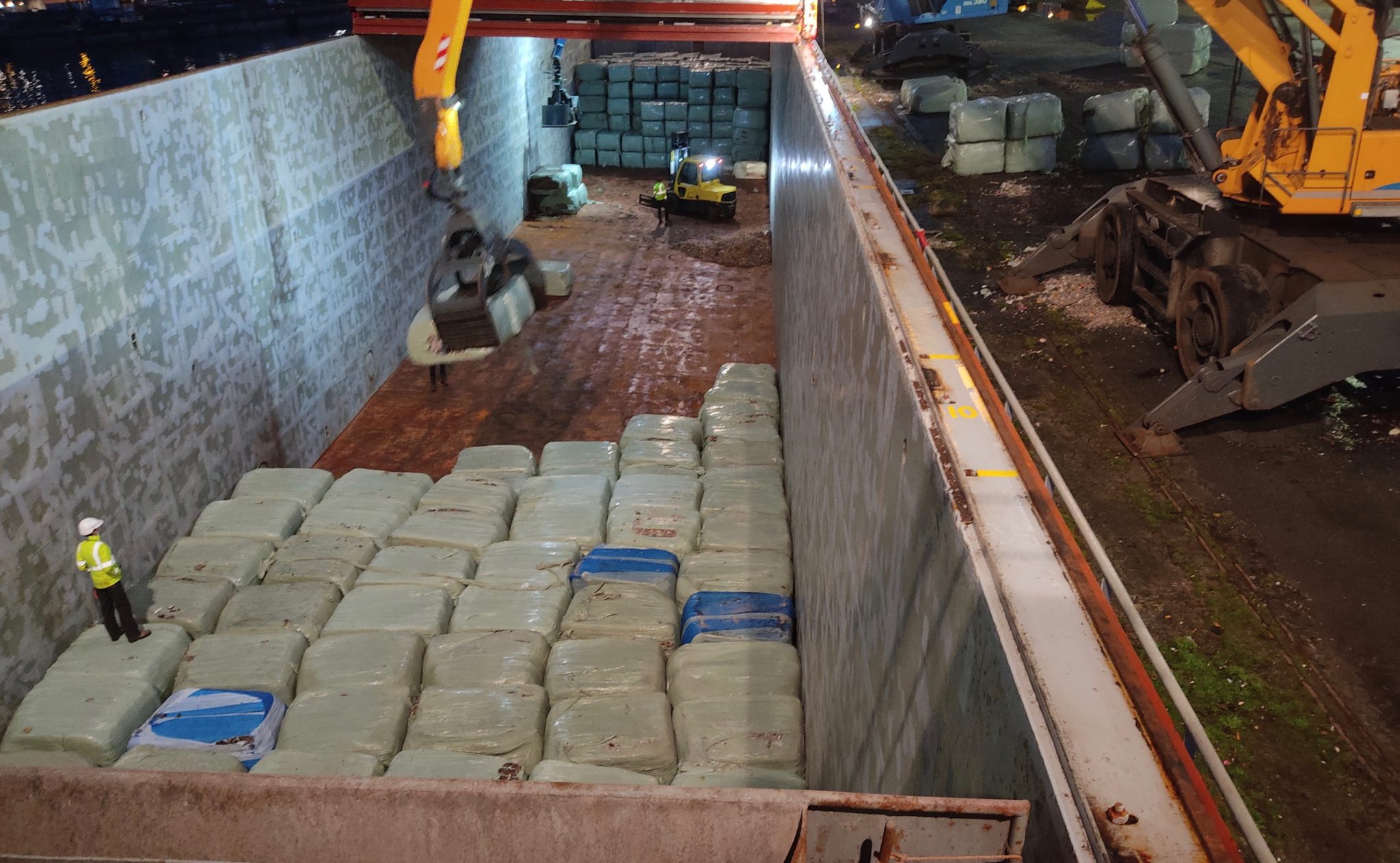For as long as Geminor's subsidiary Gemifin OY has operated on the Finnish market, waste management has been all about exports. Since 2011, the company has been exporting between 100 000 and 150 000 tonnes of waste for material or energy recovery to Central Europe annually.
But now this trend has been reversed, says Ismo Hiltunen, Country Manager for Geminor in Finland.
- "Over the last couple of years, the Finnish market has changed radically and we now see a greater need for imports of waste products. The reduced availability of waste in Finland means that exports have almost completely stopped, and this is something that is likely to continue for the foreseeable future," says Hiltunen.
Three main reasons
"There are three main reasons why the waste market is changing in Finland," Hiltunen explains.
- Less residual waste in the Finnish market is related to the increased political focus on waste sorting, and less waste in general on the market. Finland has become one of the EU leaders in the recycling of food waste, plastics and paper. From summer 2023, there will also be stricter requirements for sorting plastics, which will have an impact on residual volumes," says Hiltunen, who points to lower economic activity as the reason for the decline in national waste volumes.
Another reason is the war in Ukraine, where Russia and Belarus are now shut out of the Finnish market. "This is particularly noticeable because Finland has had more economic ties to Russia than most countries in Europe," Hiltunen explains.
- One example is the import of wood from Russia, where around 2 million cubic metres were used for energy recovery a year. This is now a closed chapter. In addition, imports of coal, oil and gas have stopped, leaving the energy market in imbalance. This increases the importance of energy production from residual waste," says Hiltunen.

Increasing combustion capacity
A third and important reason is that Finnish municipalities have greatly increased their national WtE incineration capacity in the last couple of years. This year, the capacity of waste to energy recovery is around 2.2 million tonnes annually, which is an increase of 10% in a short period of time.
- Two major district heating and WtE plants have recently been built and expanded in Finland. Luonavoima in Salo, outside Turku, was built in 2021 and has a capacity of 120 000 tonnes. In addition, Vantaan Energia, which supplies heat to the Helsinki area, has increased its WtE capacity by 200 000 tonnes. Beyond this, several other plants have switched fuel from Russian biochips to SRF. Thus, both SRF and RDF have become more sought after in Finland, but the national market cannot supply enough," says Hiltunen.
Plastics become important in 'new' market
Major changes often present challenges. But for Geminor, it's about planning well and thinking long-term.
- "We believe that waste plastic for mechanical and chemical recycling will become more important in Finland in the future, and this is something we will work more on," says Hiltunen.
- Today, we operate two HUBs in Finland, where we supply SRF as fuel for both district heating plants and cement production. In the future, we will work hard to secure tailor-made fuels for Finnish plants. The important thing in today's market is to have international access to the right type of waste-based fuels, which we ensure through our presence in several European countries. At the same time, establishments in new surplus markets in Europe could make a big difference in the future for deliveries to Finland," concludes Ismo Hiltunen, Country Manager for Geminor in Finland.


